10 best pets for autistic people
If you’re thinking of getting a new pet but don’t know where to start, here’s some inspiration
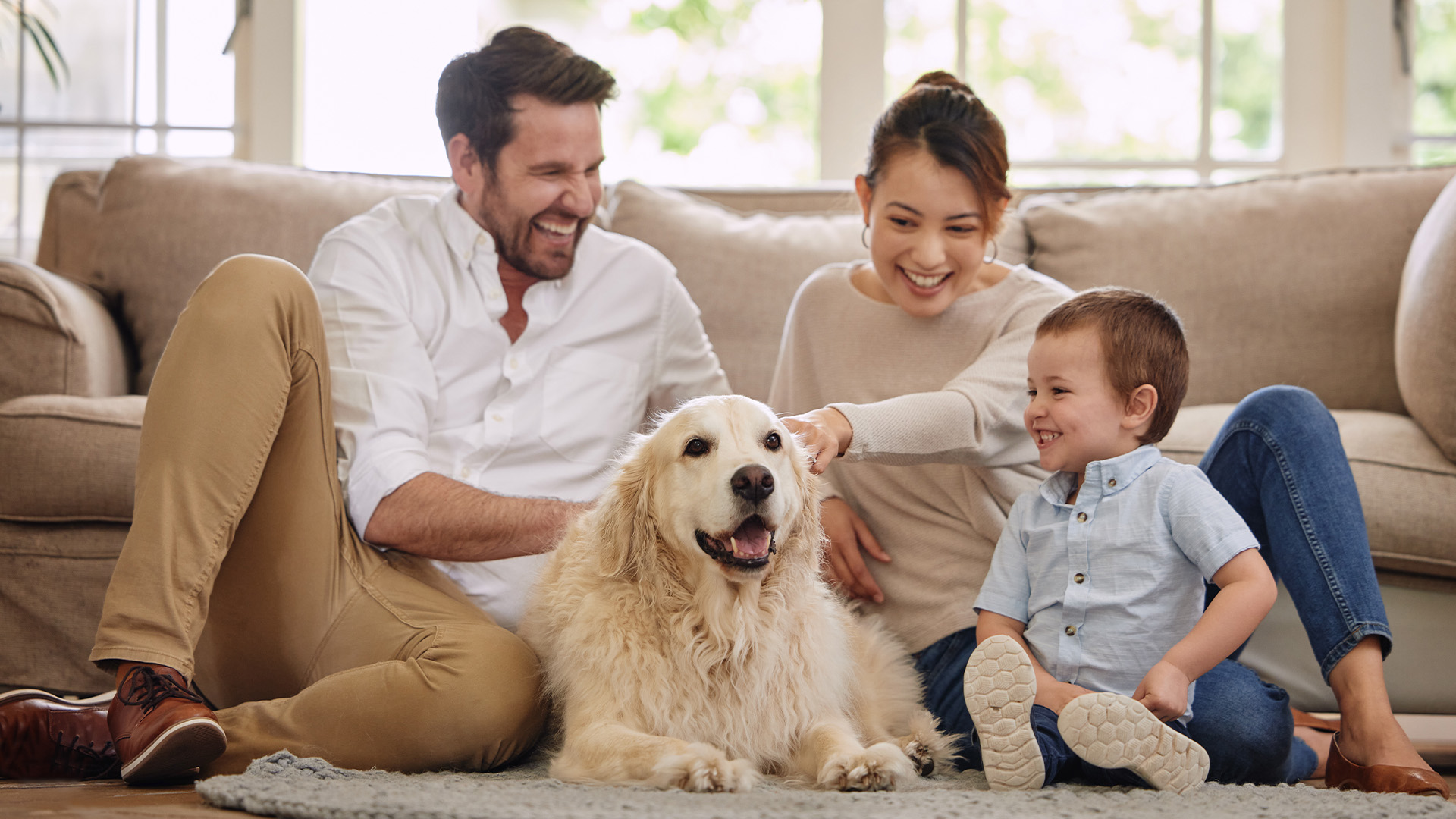
Whether you want a buddy for long walks outside whatever the weather, a companion to watch TV with, or even just a creature to observe, there’s a pet for almost anyone – and some make great pets for autistic people.
“I’ve known many pets who have provided support and companionship and increased confidence and independence in neurodivergent people, just as service dogs are useful with people who require support with physical and mental health needs,” explains expert vet Dr Hannah Godfrey.
But, how do you know if a pet is right for you? If you’re autistic or you have an autistic child, you might not know where to start. And, of course, everyone is different, so the ideal pet for you might not be the right pet for someone else.
To help you decide, we’ve brought together some of the best pets for autistic people – as well as a few reasons why they might be your ideal match.
Best pets for autistic people
1. Labrador Retriever
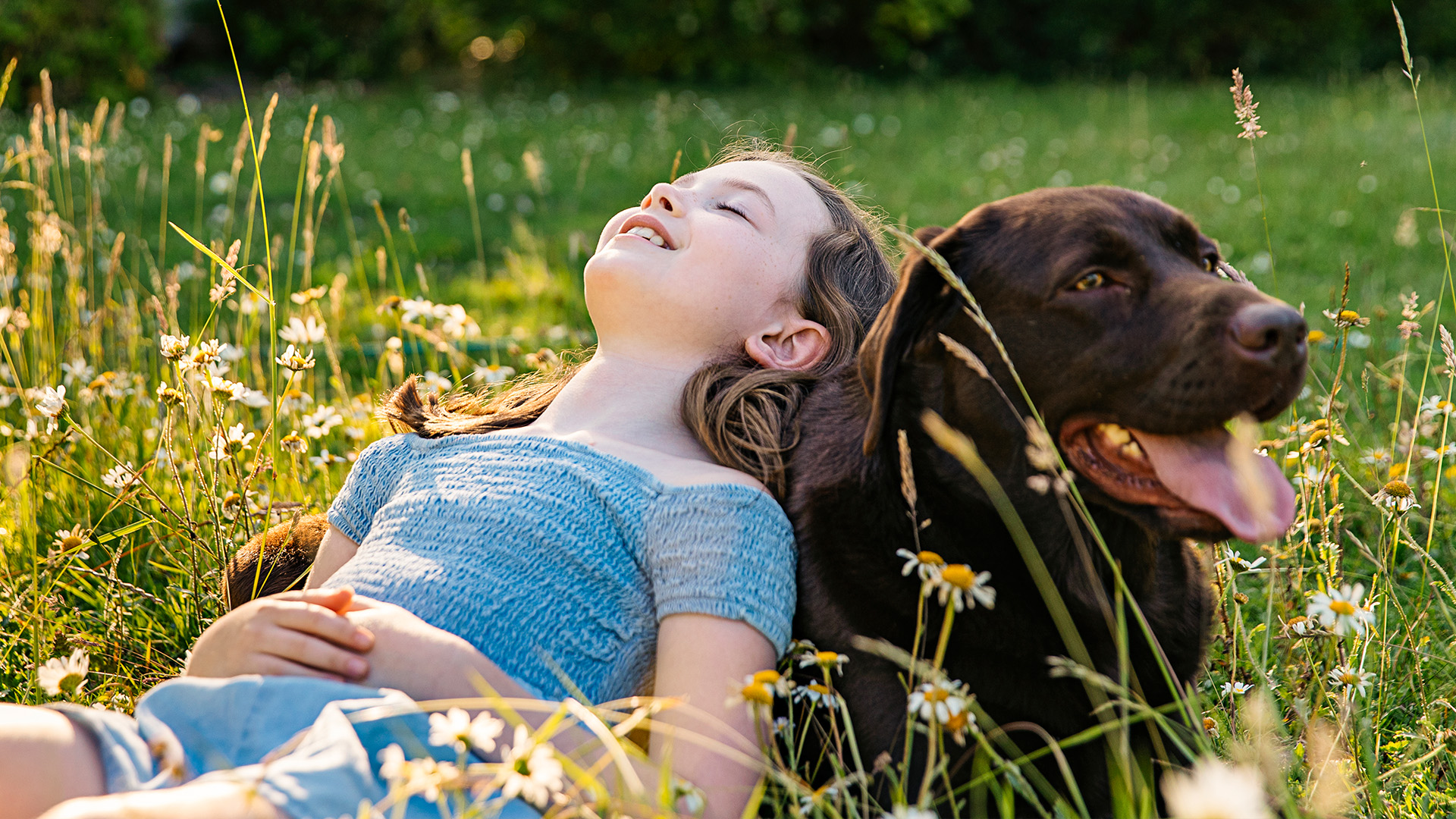
Labradors consistently rank among the most popular dog breeds, and they’re known for being friendly, intelligent, and gentle. They’re often quite calm, too, which can be therapeutic when you’re stressed, and they can adapt to different situations well, allowing you to meet your own needs or those of your child.
They’re often used as service and therapy dogs, and their easygoing yet caring nature makes it easy to see why.
2. Golden retriever
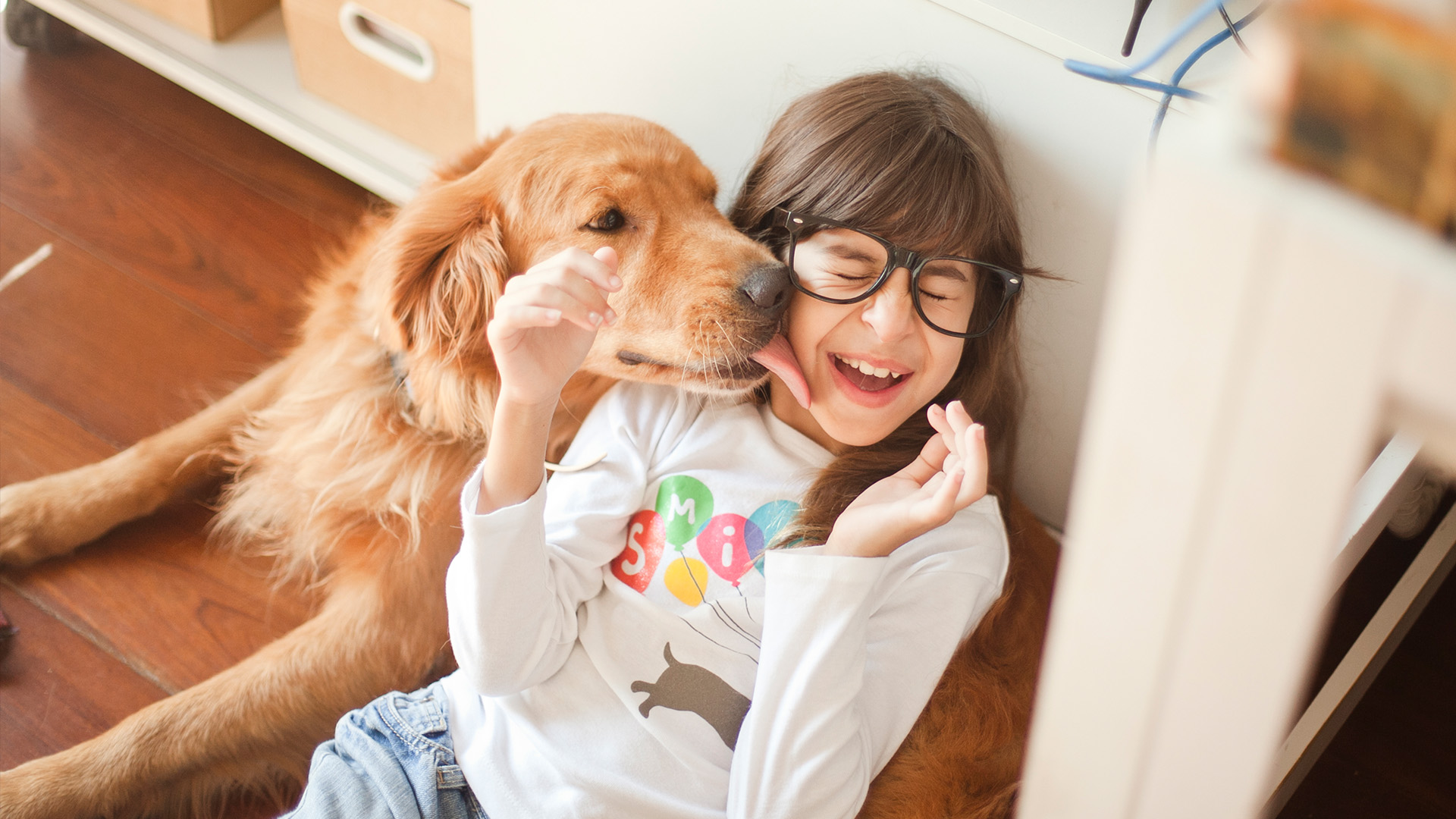
Like Labradors, golden retrievers are wonderful well-rounded dogs who are just as happy in a busy family environment as they are with a single adult or a couple who are at home with them a lot.
Get the best advice, tips and top tech for your beloved Pets
Because intelligence, patience, and kindness are common traits in goldens – they’re among the smartest dog breeds – they’re often used as emotional support dogs and therapy dogs, and their eager-to-please nature makes them easy to train. As long as you’re prepared for a larger canine, they make a great dog for a first-time owner.
3. Fish
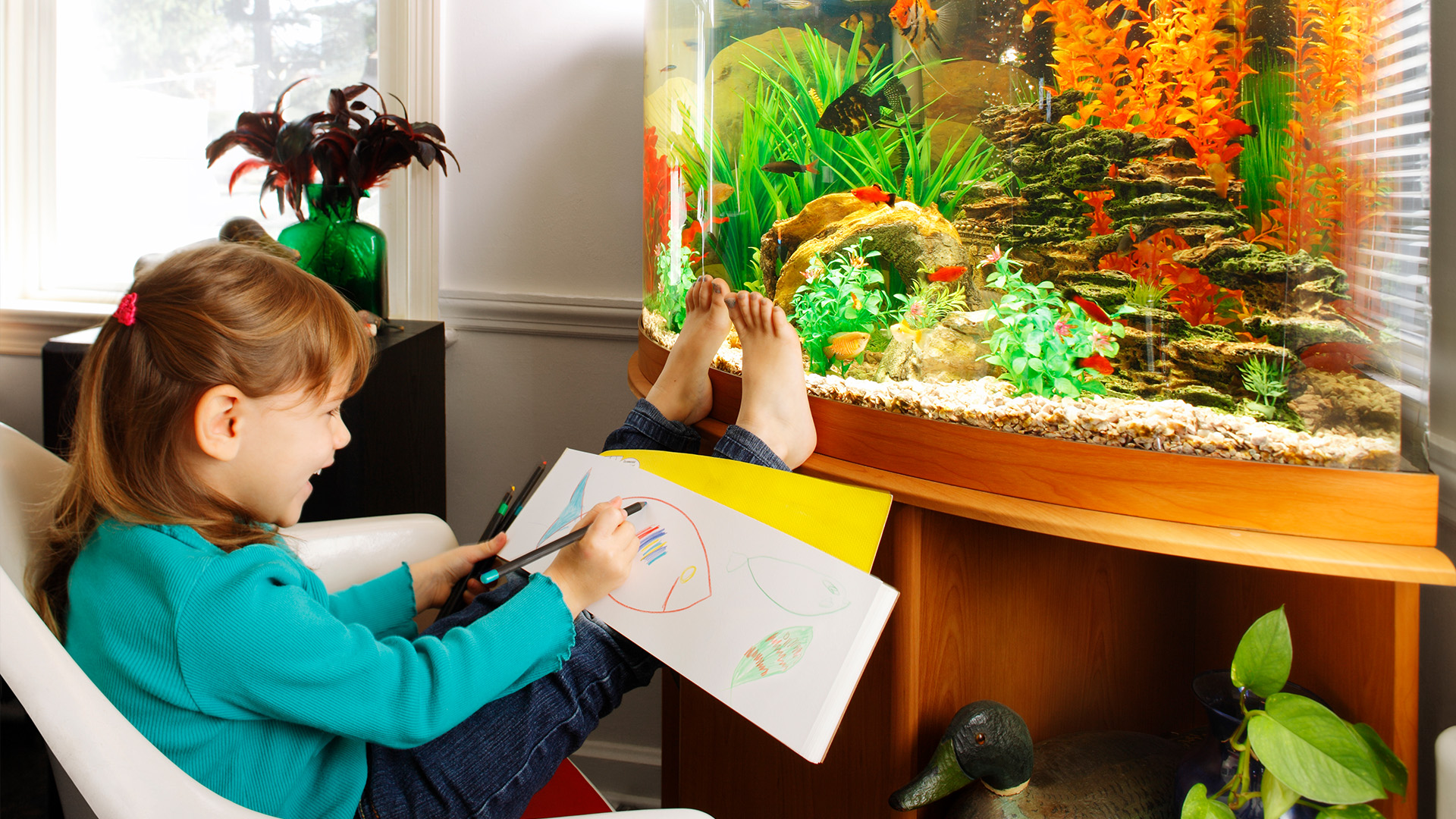
Pet fish don’t provide the sort of interaction and companionship of a dog or a cat, but it can be therapeutic and relaxing to watch them swim around and go about their day. If you’d like a lower-maintenance pet that takes less time to care for, or the idea of decorating a fish tank appeals to you, fish could be a good choice.
If you’re looking for a first pet for your child, fish could fit the bill. While they do need to be cared for, it’s not as complex or overwhelming as caring for a larger animal. Check out our guide to the best types of fish for first-time owners.
4. Newfoundland
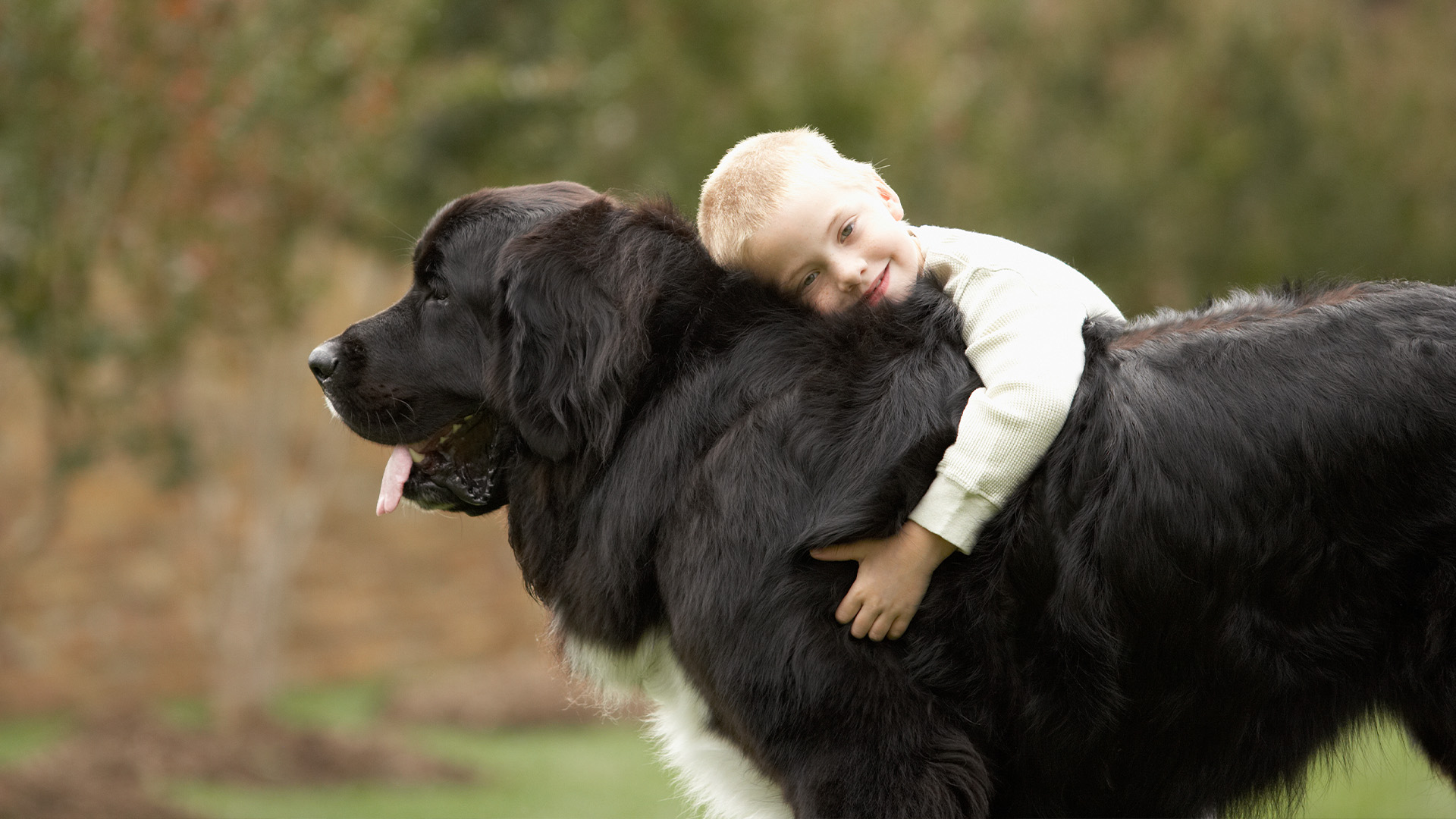
These big working dogs have long made good therapy dogs for people with conditions including autism and anxiety, but they’re also great pets in the right home. Outgoing and affectionate, they adore their humans and are considered to be particularly good with children.
Newfoundlands don’t need a lot of exercise, so if you work from your home office or you have children who prefer to play inside, they’ll be more than content just spending time around you.
5. Poodle
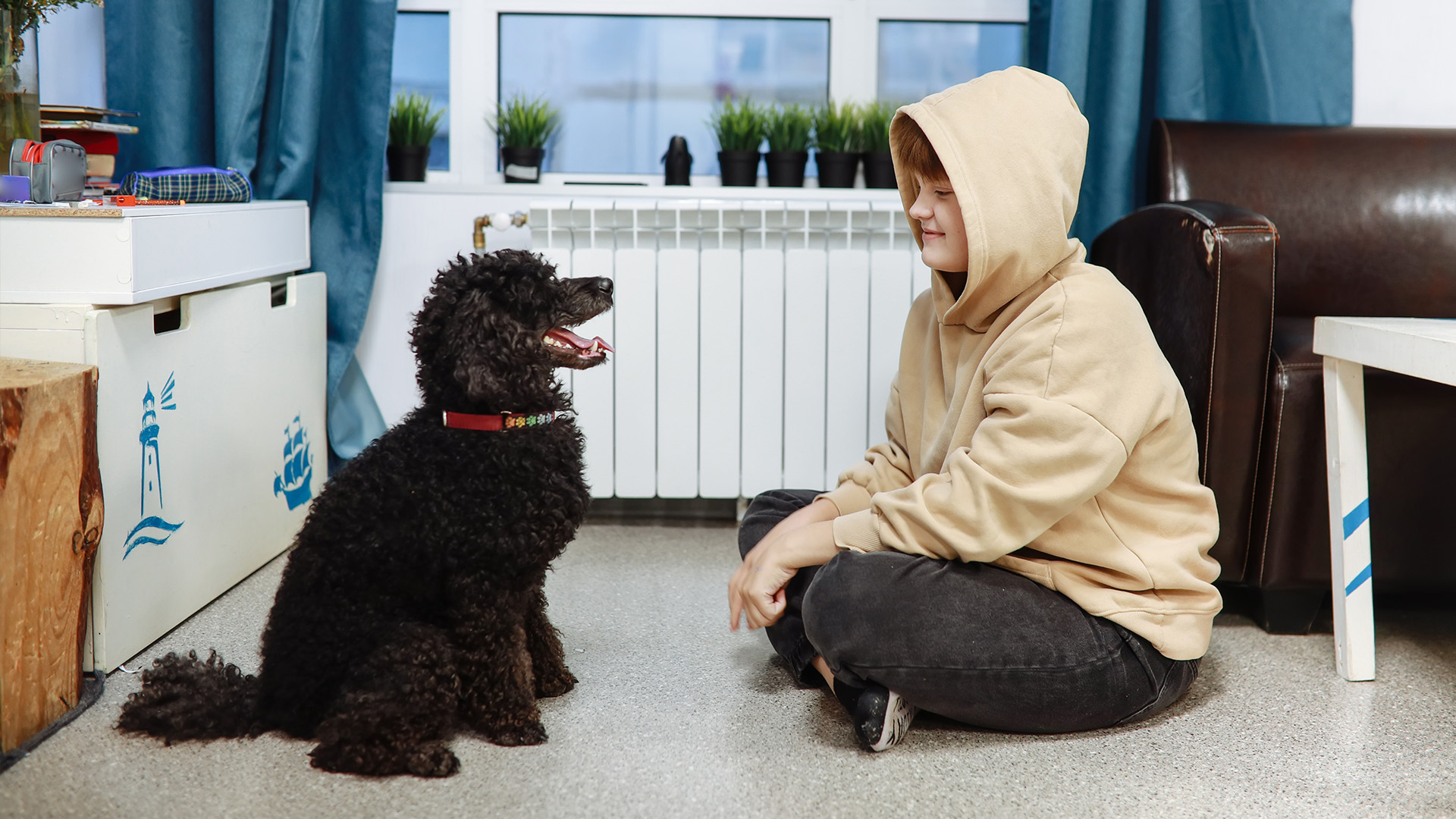
Because the poodle is so intelligent and easy to train, they can be an ideal pet for autistic people who want a companion that’s as clever as they are friendly in equal measure. They can be good at responding to anxiety and stress, too, by being present but not overly intense and demanding in their affection.
They come in different sizes, too. A toy poodle may be a good choice if you’re a single adult living in an apartment, whereas a miniature or standard Poodle could be suitable for a family with autistic children. There are lots of poodle mixes, too, which you may decide to look into.
6. Ragdoll
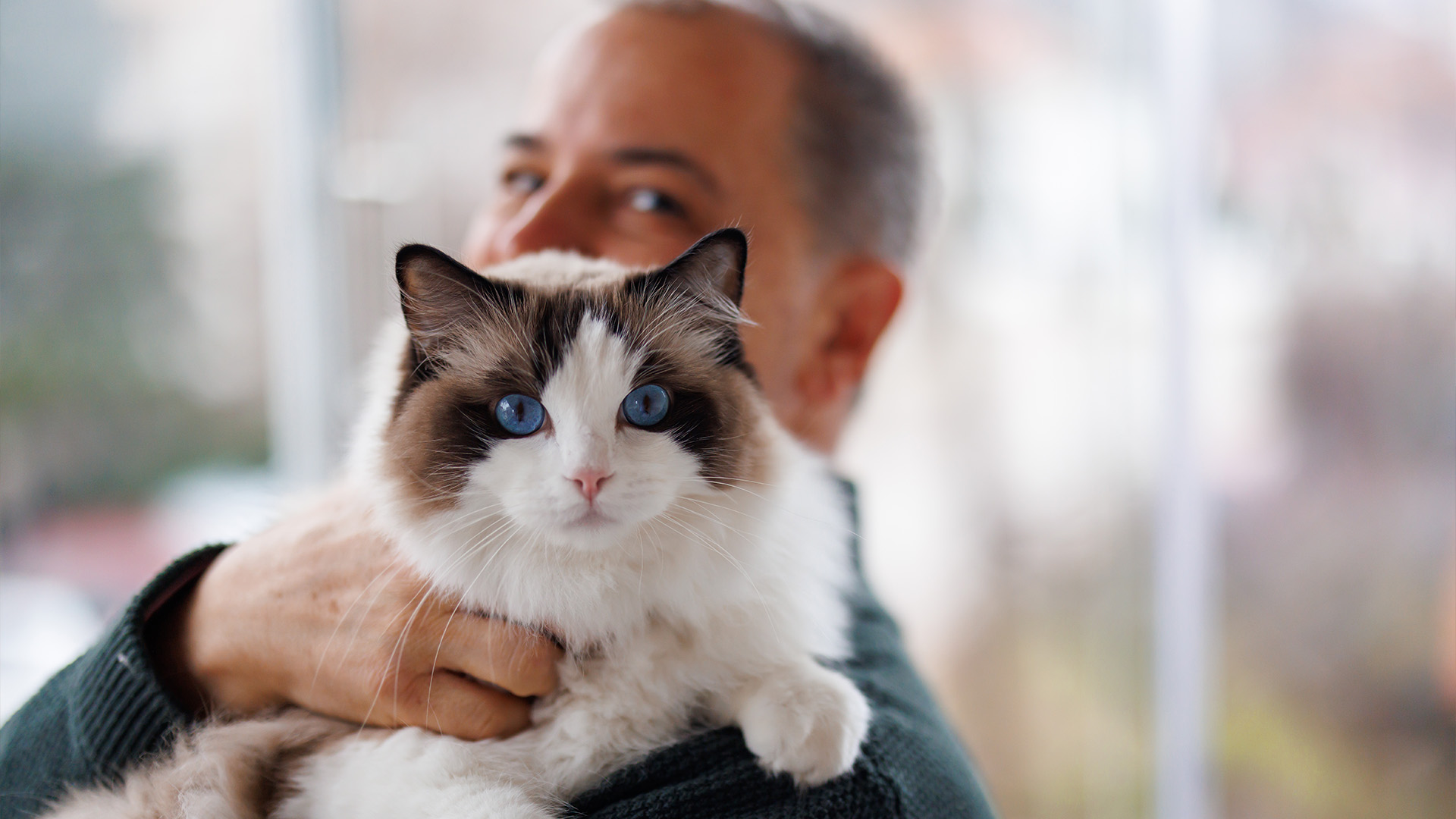
Ragdoll cats are often said to be dog-like because they’re affectionate and often enjoy being handled, so if you’re weighing up both dogs and cats you can get the best of both worlds. Their calm, relaxed nature and soothing purr can be therapeutic if you’re feeling anxious or overstimulated or need to take a moment.
They enjoy being near their favorite humans, so they’re the ideal companion if you want a four-legged friend who isn’t too energetic or rambunctious but is still happy to interact.
7. Rabbit
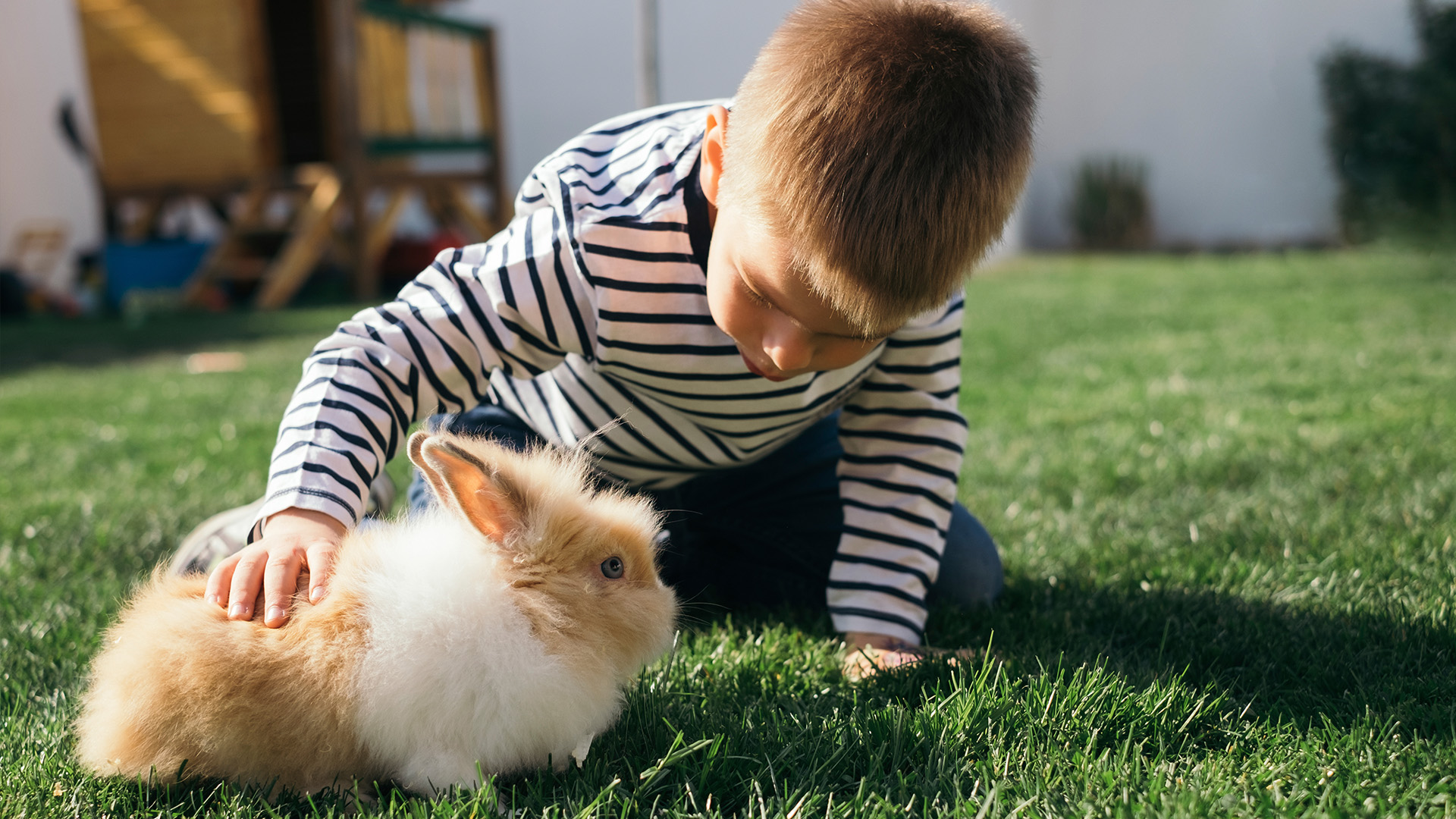
Rabbits are sometimes seen as easy first pets for children because of their smaller size, but they do need plenty of love and care, from fresh vegetables each day to frequent cleaning of their living space. As a result, they can be great pets for autistic adults and older children who are looking for a relaxed companion.
They’re surprisingly intelligent and can be taught tricks, and some rabbits enjoy being stroked. If you’d like your pets to be less high-maintenance than dogs but you want to interact with them more than fish, for example, of one of the many rabbit breeds could be a good option for you.
8. Beagle
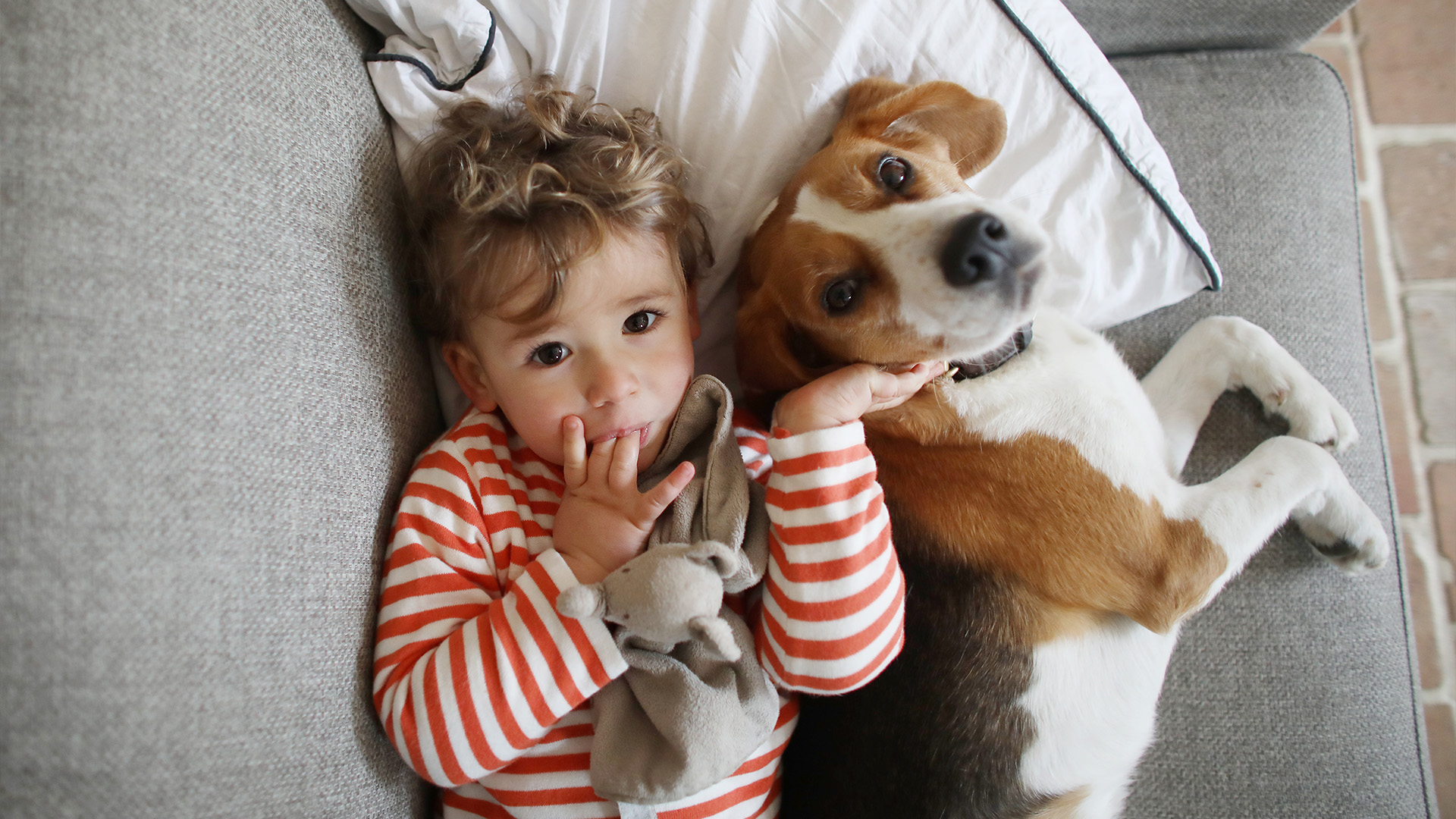
Beagles are affectionate, loving dogs, and they don’t grow to be too big either – certainly not to the size of some on this list. They’re quite independent, too, which can make training a little tricky on occasion but also means you’ll sometimes be able to have your own space when you need it.
The main thing to keep in mind about beagles is that they’re often naturally quite vocal dogs (and made our list of the loudest dog breeds), so if you’re sensitive to sound they may not be the best dog for you. Other than that, however, their personality makes them one of the best dogs for autistic children and adults alike.
9. Maine Coon
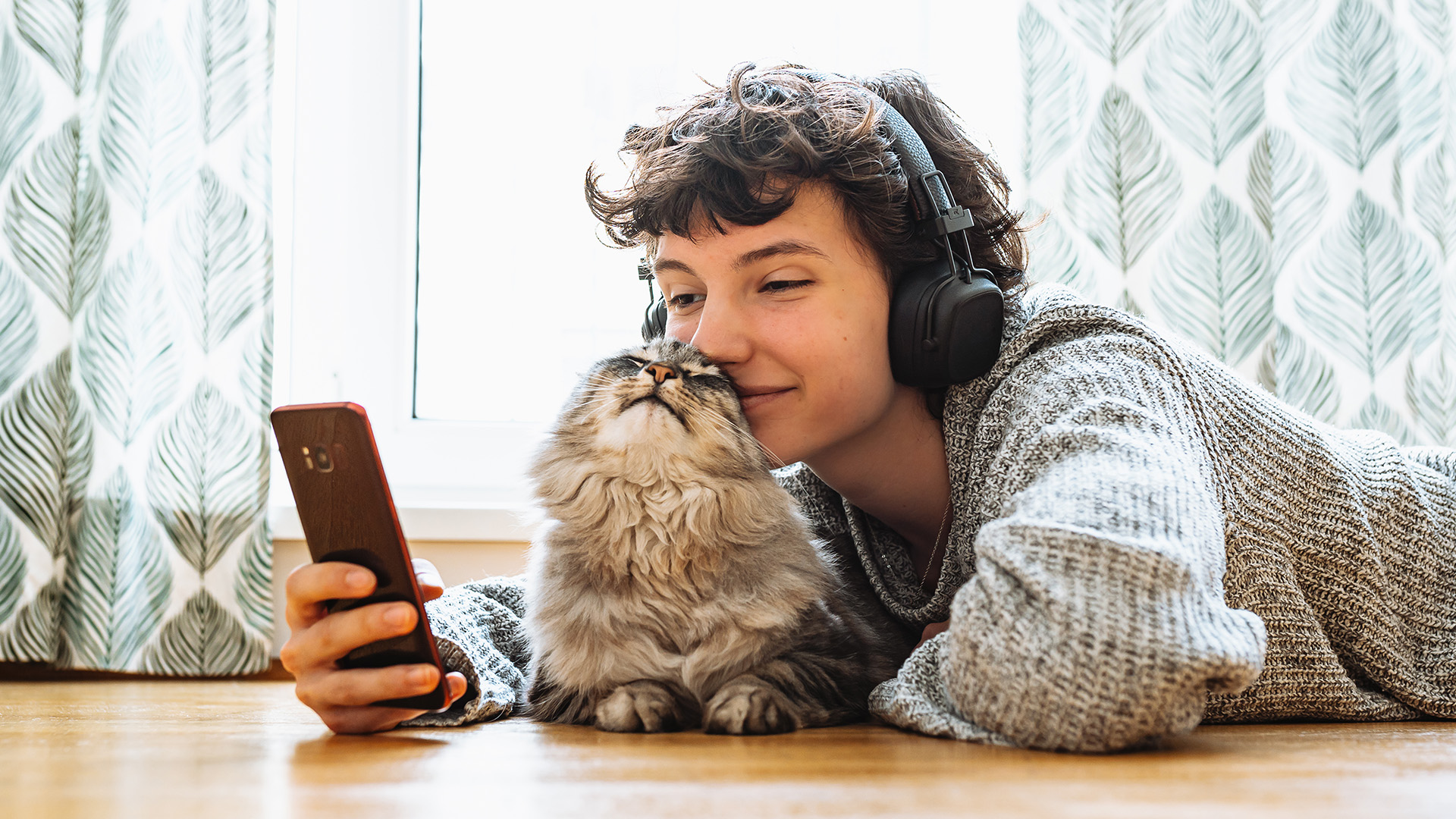
Like ragdolls, Maine Coons are often thought of as dog-like, though this is also partly because they’re among the largest domestic cats – some even get as big as adult beagles. They have a gentle, patient disposition, too, which can be calming, and they enjoy play but not constantly, so you won’t need to be on your feet with them all the time.
The Maine Coon is a good family pet, making them a suitable companion for many autistic children. They’re adaptable and calm, too, so they’re less likely to get annoyed or startle easily. In contrast, they’re one of the most affectionate cat breeds!
10. Parrot
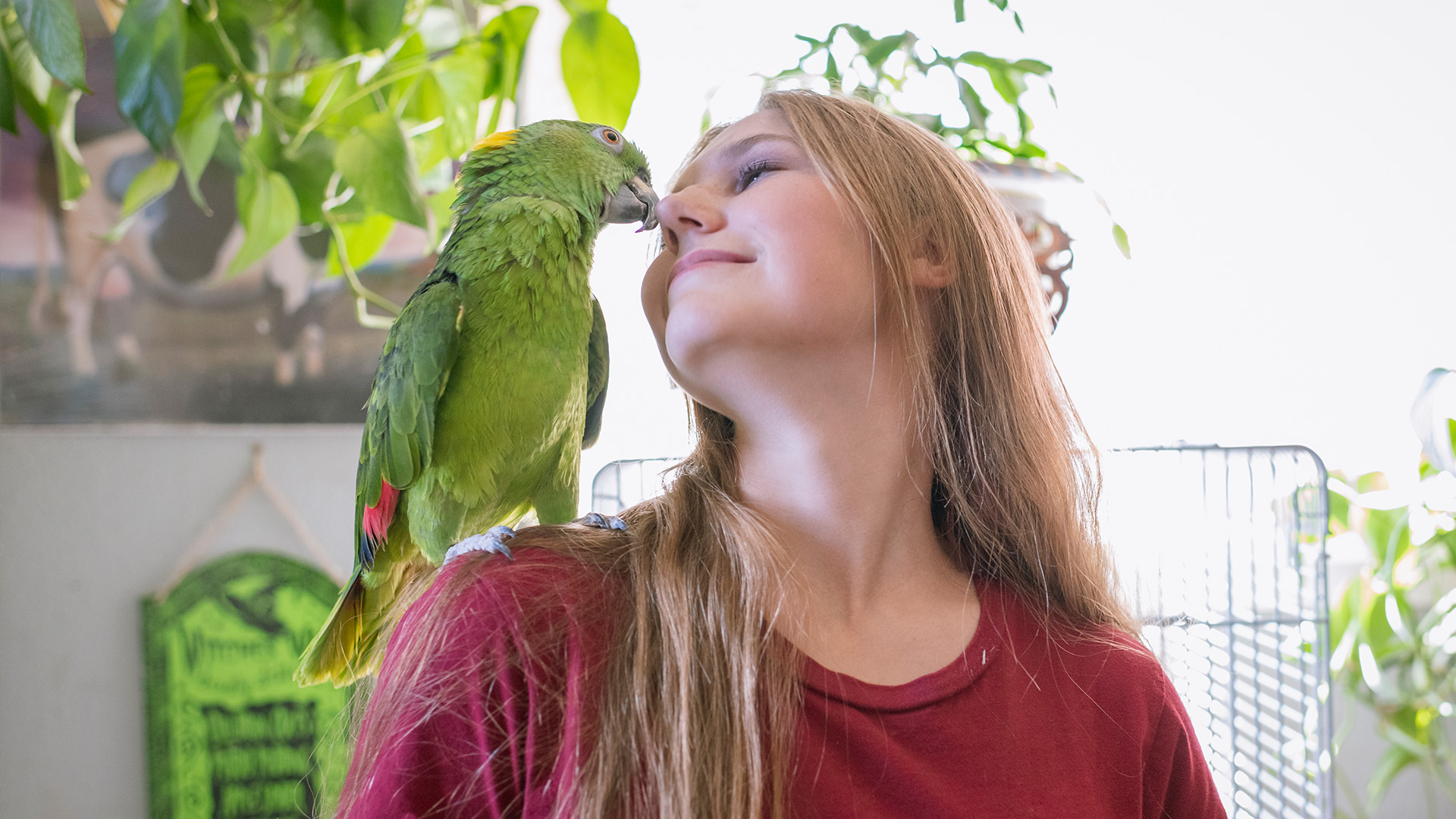
Should you get a parrot for a pet? Many of the most popular pet birds, like budgerigars and cockatiels, are types of parrot, and while they’re quite high-maintenance pets, they can make good pets for autistic people. Their bright colors and interesting movements can be captivating, and some people find their singing to be relaxing. Budgie sounds tend to be softer and more soothing, whereas some people find cockatiel sounds to be more overstimulating.
Cockatiels are easier to handle and often enjoy interaction with their humans, whereas budgies might suit a more hands-off person better. Don’t be surprised if they enjoy perching on a finger, however.
How do I know which pet is the best for me?
“Since everyone is different, and the needs and traits of any autistic individual will vary, there’s no one-size-fits-all when it comes to support pets,” says Dr Godfrey. “I’ve known a ragdoll cat who was the perfect match with an autistic client – their laid-back and affectionate nature worked well.”
She explains that dogs are often the better choice because they can recognize and adapt to behavioral patterns and cues – with Labradors and golden retrievers being great due to their calm, easily trainable natures.
“On the other hand, caring for a dog can be quite demanding, since they require regular exercise, company, and mental and physical stimulation,” she adds.
“It’s really important to make sure that the support pet has a good quality of life and their wellbeing doesn’t suffer. Therefore, before taking on a support pet, consider whether any assistance will be needed to care for them and make a plan about who will be responsible for veterinary care, grooming, etc.”
If you’re getting a pet for your child, meanwhile, Mark Blakey, CEO of Autism Parenting Magazine, says that it’s important to match the pet to your child’s own needs and preferences.
“Before bringing any pet home, I recommend spending time with that type of animal in a low-pressure environment to see how your child responds,” he adds. “Consider your child's sensory profile carefully – if they're sensitive to noise, a barking dog might not be ideal, while a child who seeks deep pressure might benefit from a larger dog they can hug.”
Read next: Best dog breeds for emotional support

Adam is a freelance journalist specialising in pets, music and culture, and mental health and wellbeing. He investigates and writes the large majority of news on PetsRadar, and collaborates with veterinary experts to produce informative pet care content.
Adam has a journalism degree from Southampton Solent University and a masters degree in Magazine Journalism from Cardiff University. He was previously senior editor at dog advice website DogTime.com, and has also written for The Independent, GoodToKnow and Healthline.
He owns two rescue cats, Bunny and Dougie, and has also previously had a rabbit, fish and Roborovski dwarf hamsters.
